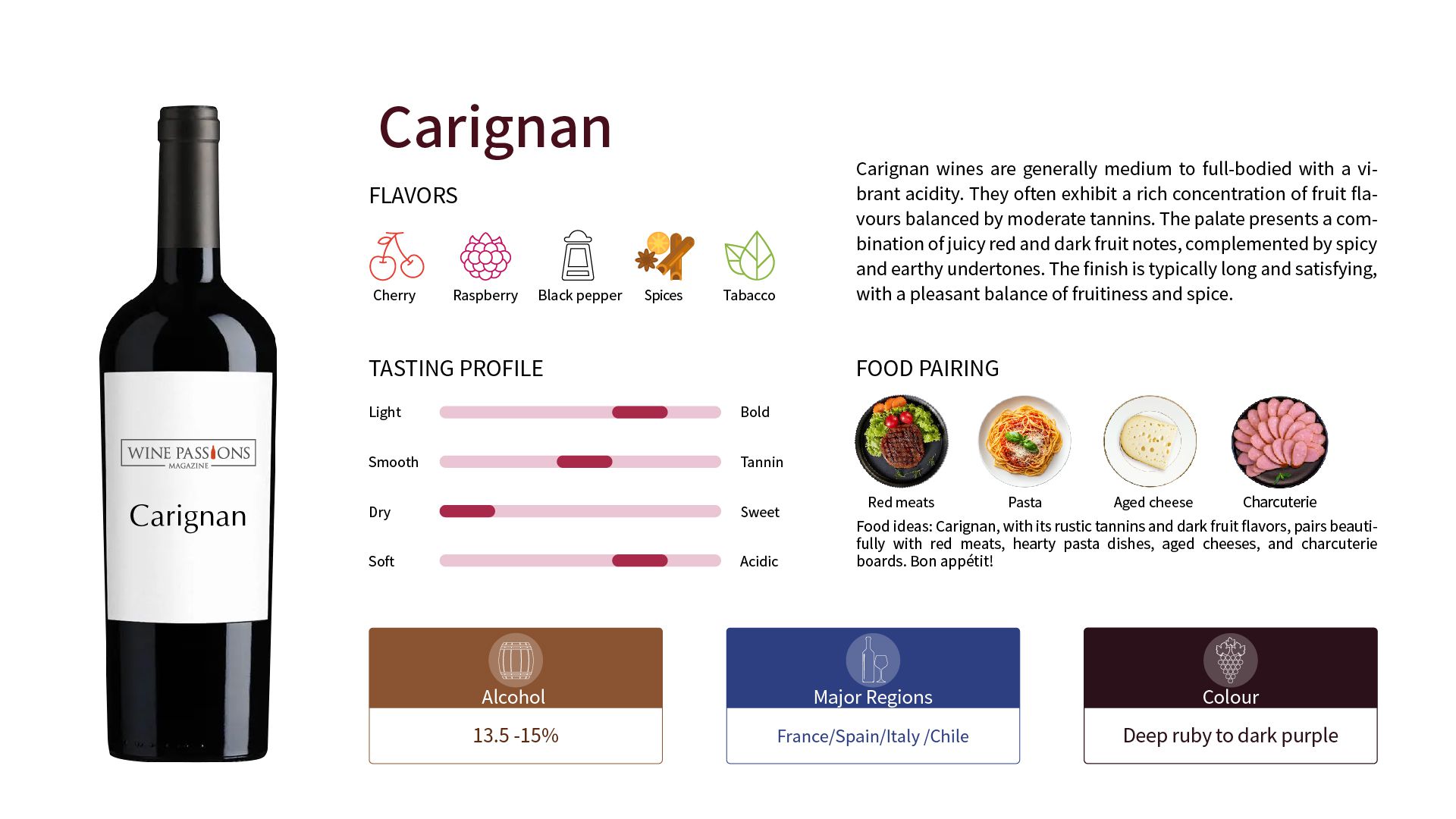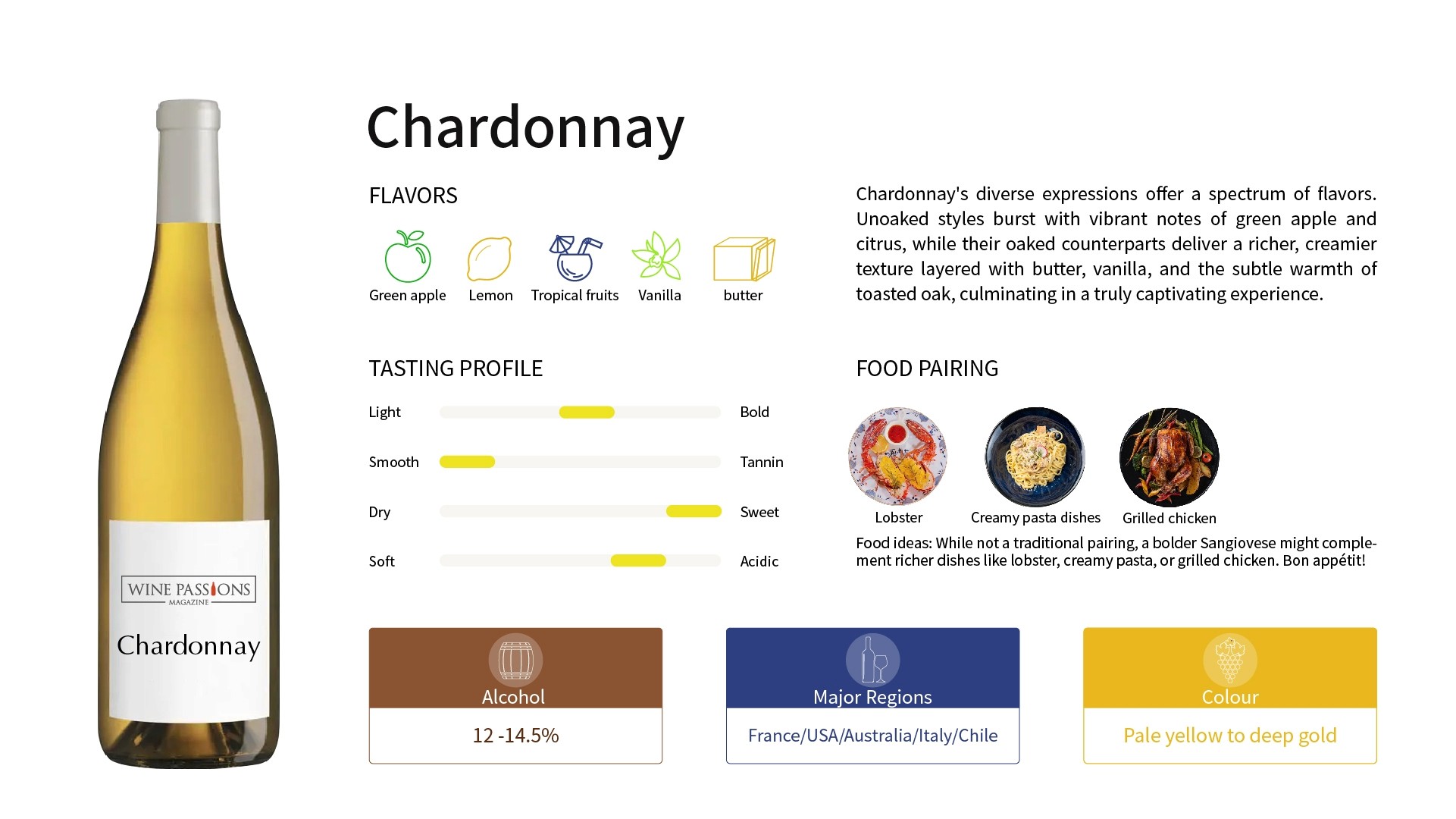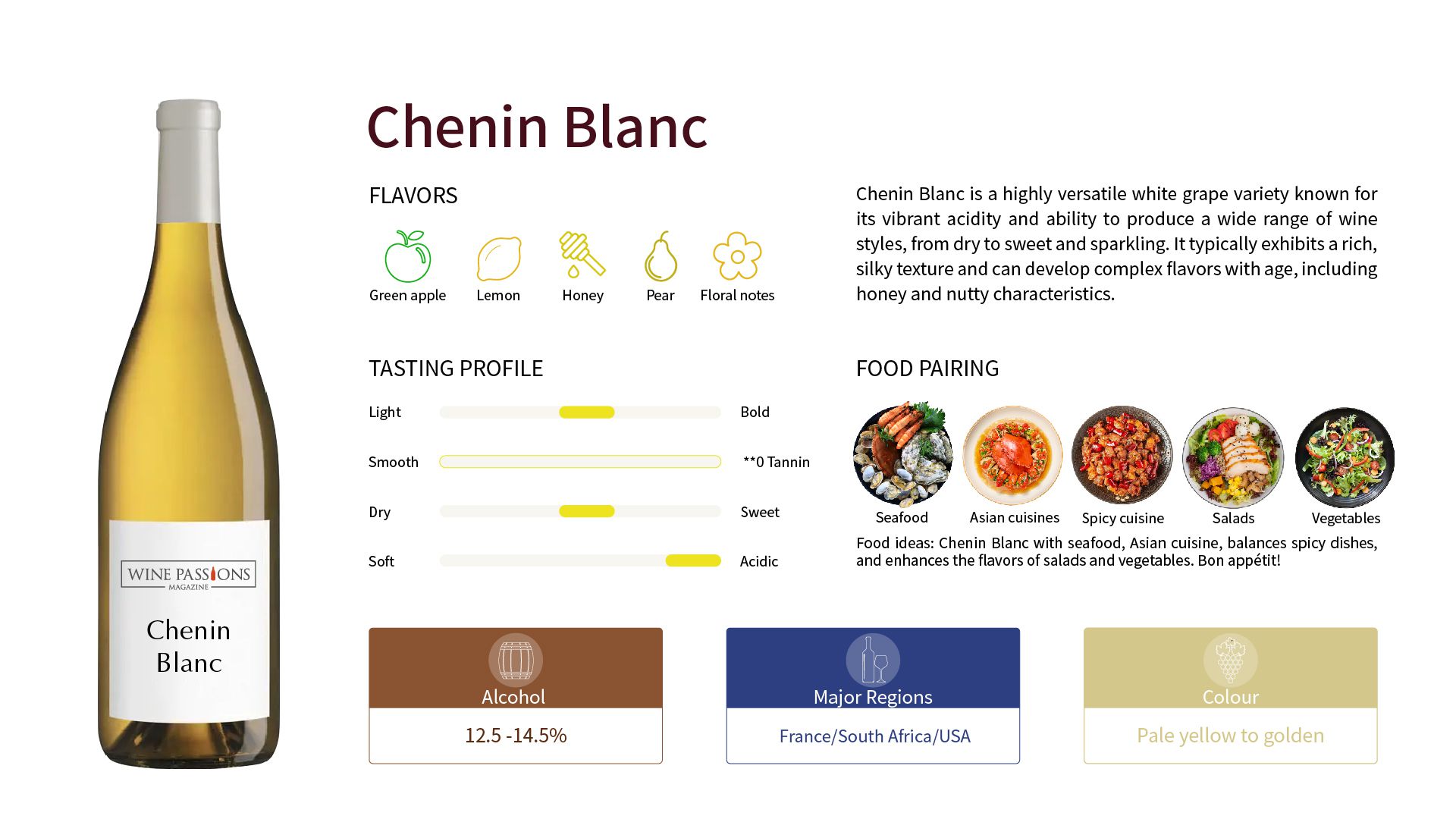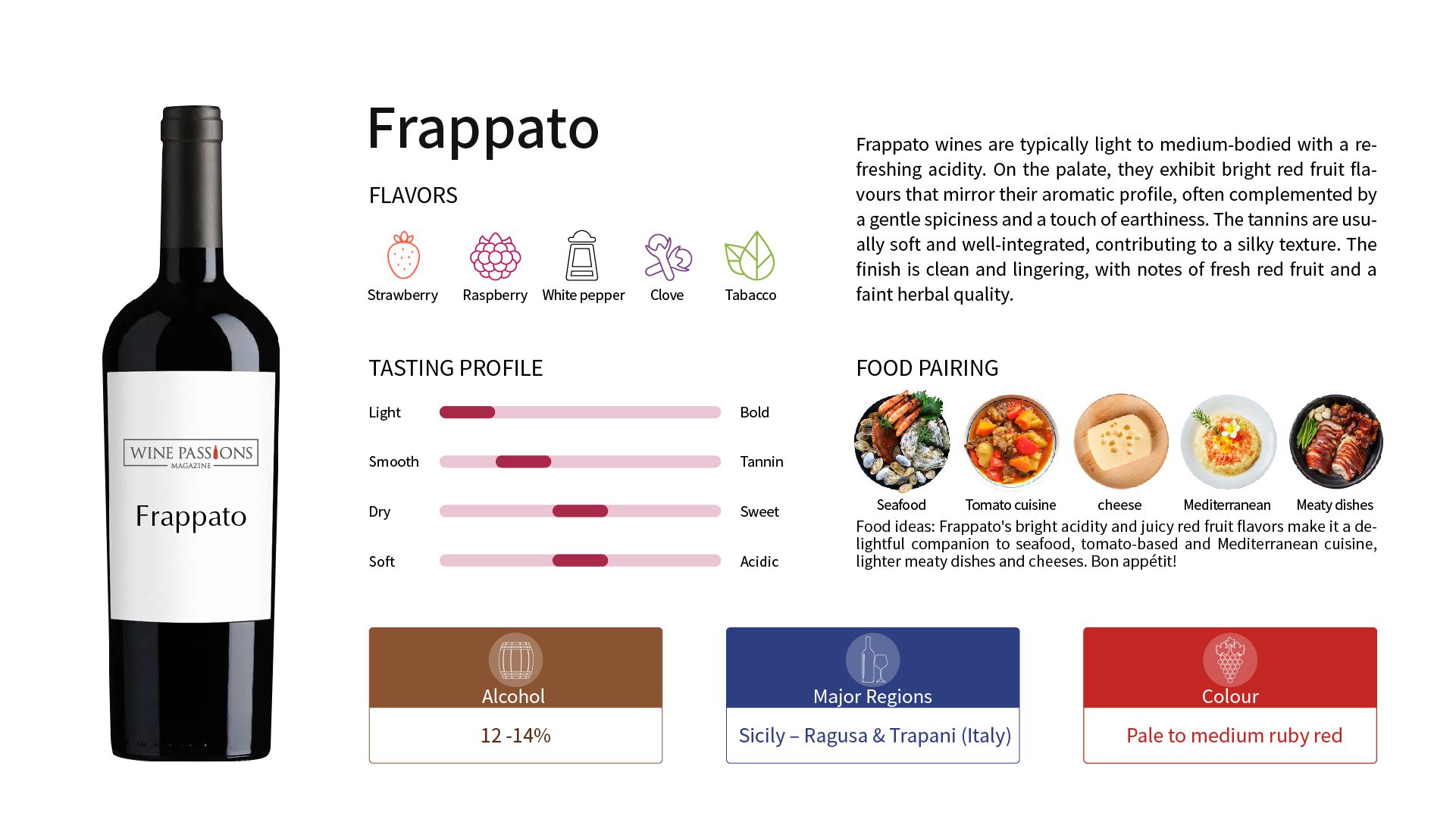Cabernet Franc
Background and Origin
The origin of Pinot Grigio can be traced back to the Burgundy region of France, which is its homeland. It is a mutation of a black grape variety belonging to the Pinot family, closely related to Pinot Noir. This variety was introduced to Italy and Germany in the 15th century and gained significant status in Alsace and southwestern Germany.
Over time, Pinot Grigio has been widely cultivated around the world. Especially in the 1970s and 1980s, Italian Pinot Grigio became favored in international markets for its refreshing taste.
Reasons for the Popularity of Pinot Grigio
Unique Flavor Characteristics: The flavor profile of Pinot Grigio is very diverse, usually featuring fresh fruit aromas and herbaceous notes. The primary aromas of this wine include fresh fruit scents like green apple, lemon, grapefruit, peach, and apricot, along with herbal fragrances such as grass and flower petals.
Easy to Drink: Pinot Grigio is generally considered a light and easy-drinking white wine, making it very suitable for beginners and those who do not often drink. Most Pinot Grigio is dry, with lower residual sugar content, which makes it not overly sweet on the palate, aligning better with the preferences of consumers who enjoy refreshing flavors.
Food Pairing Flexibility: Due to its diverse flavor characteristics, Pinot Grigio pairs well with a variety of foods, making it a popular choice in social settings.
Classic Pairings: It can be paired with various dishes such as seafood, white meat, salads, and Italian cuisine to enhance the dining experience. Especially when paired with light seafood or vegetables, Pinot Grigio can perfectly balance the freshness of the ingredients.
Suitable for Various Occasions: Whether it's a formal dinner or a casual gathering, Pinot Grigio offers a suitable choice, making it an ideal companion for most social events.
Flavor Characteristics of Pinot Grigio
Pinot Grigio typically exhibits the following flavor characteristics:
Fruit Aromas: Mainly including fresh fruit scents such as green apple, pear, lemon, peach, and tropical fruits (like pineapple and passion fruit).
Herbal and Floral Notes: Common aromas include grass, honey, and floral notes (for example, honeysuckle), adding complexity to the wine.
Minerality: Particularly in the Alsace region of France, Pinot Gris often showcases fresh mineral flavors, contributing a sensation of stone or saltiness.
Variations in Sweetness: Depending on the winemaking process, Pinot Grigio can be dry or sweet, making it suitable for different occasions and tastes.
Main Production Regions of Pinot Grigio
Italy: Especially in areas like Friuli-Venezia Giulia, Trentino-Alto Adige, and Veneto, known for producing fresh and easily drinkable Pinot Grigio.
France: Major regions include Alsace, famous for its rich and complex Pinot Gris.
Australia: Regions in Australia, such as Mornington Peninsula and Clare Valley in South Australia, also produce high-quality Pinot Gris.
United States: California, Oregon, and Washington are primary Pinot Gris production areas, renowned for their unique flavors.
Famous Pinot Grigio Red Wine
Santa Margherita Pinot Grigio/Kris Pinot Grigio (Italy)
Zind-Humbrecht Pinot Gris (France)
Dr. Loosen Pinot Grigio/Fritz Haag Pinot Grigio (Germany)
King Estate Pinot Gris (USA)
Handling Tasting Method
Tasting temperature: 7-12°C
Glassware: White wine glass
Decanting time: Not needed
Cellaring: 3-5 years (It is recommended not to age beyond 3 to 5 years, as its acidity and fruit flavor are best when consumed young.)
Food Pairing
Seafood: Such as seafood platter, grilled fish, lobster, or shellfish, which can balance the freshness of the seafood.
Spicy dishes: Such as Thai curry, Indian cuisine, or other Asian dishes that use spices or sweet and spicy elements; paired with the acidity of Pinot Grigio, it becomes even more wonderful.
Pork and poultry: Such as roasted pork or chicken, particularly when paired with jams or sweet sauces works even better.
Light cheeses














